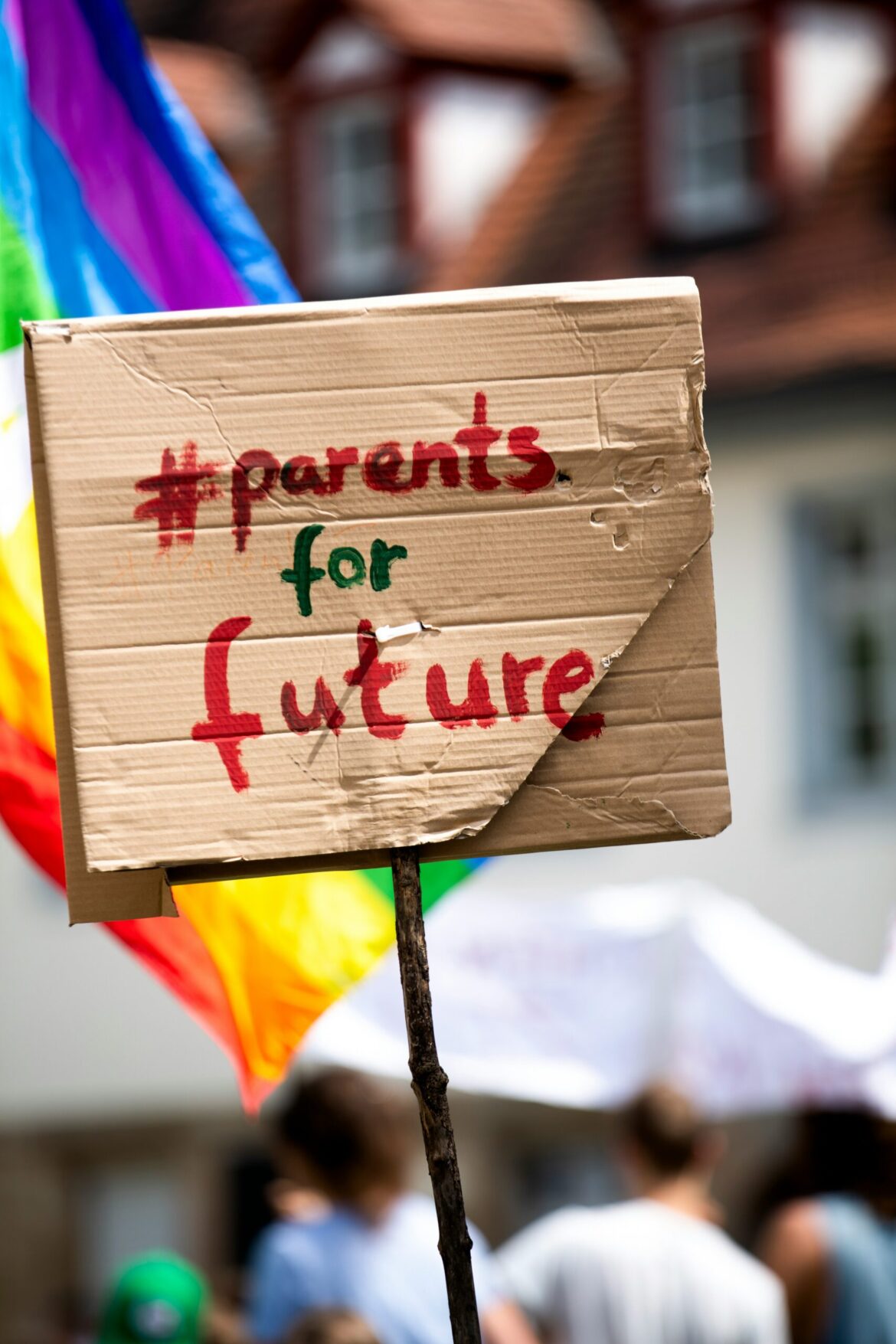Madison, WI, USA
On August 17, 2022, a group of Republican governors gathered in Madison, Wisconsin, to announce a nationwide push for stronger parental rights in education and greater transparency in school curricula. The initiative, known as the “Parents’ Education Bill of Rights,” is aimed at ensuring that parents have full control over their children’s educational experience, particularly concerning the content being taught in schools.
Governor Scott Walker of Wisconsin, who hosted the event, was joined by other prominent Republican governors, including Ron DeSantis of Florida, Kristi Noem of South Dakota, and Greg Abbott of Texas. The governors announced a unified effort to pass state-level legislation requiring schools to disclose detailed information about what students are being taught, particularly regarding sensitive topics such as race, gender, and political ideologies.
“Parents are the primary decision-makers in their children’s education, and it’s time for them to have full transparency about what’s happening in the classroom,” Governor Walker said at the press conference. “This initiative is about empowering parents to protect their children from politically biased and divisive content and ensuring that schools are focused on teaching, not indoctrination.”
The proposed legislation would require schools to make all teaching materials, including lesson plans and textbooks, available for parental review. It would also mandate that any discussions of controversial topics like critical race theory (CRT) or gender identity be disclosed to parents beforehand, giving them the option to opt out if they choose. In addition, the bill would empower parents to challenge educational content they deem inappropriate for their children.
Governor DeSantis, who has already implemented several similar policies in Florida, including the banning of CRT in public schools, emphasized that the initiative is a response to growing concerns among parents about the leftward shift in public education. He argued that parents should be able to have a say in the values their children are taught.
“School is about academics, not pushing political ideologies,” DeSantis said. “This is about ensuring that our schools are teaching students the skills they need to succeed in life, not a one-sided agenda.”
The initiative has garnered support from conservative advocacy groups, including the American Principles Project, which argues that greater parental involvement will lead to better educational outcomes and restore balance to public education.
However, the proposal has faced significant opposition from progressive education groups, teachers’ unions, and Democratic lawmakers, who argue that the bills could limit students’ exposure to important discussions on race, gender, and social justice. Critics argue that banning certain content could undermine efforts to create inclusive and diverse learning environments.
“This is an attempt to censor history and prevent students from learning about the world as it truly is,” said Randi Weingarten, president of the American Federation of Teachers. “Education should be a place where students are encouraged to think critically, not one where their learning is restricted by political agendas.”
As the debate over parental control in education continues to grow, the “Parents’ Education Bill of Rights” will likely be a central issue in the upcoming state legislative sessions and the 2022 midterm elections. The outcome of these efforts will have significant implications for the future of public education and the role of government in shaping school curricula across the United States.

